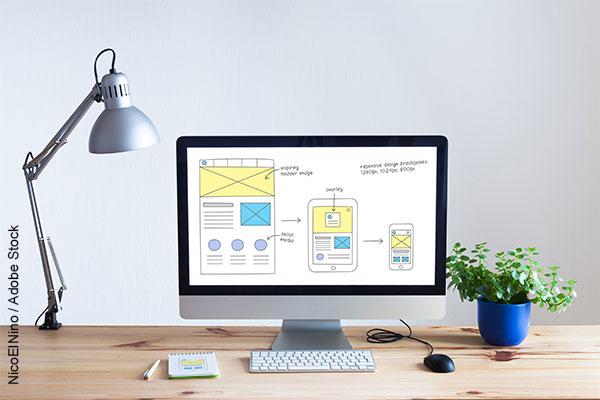
All European Commission websites must comply with the rules and follow the guidelines hereby.
Web practitioners are invited to consult its content regularly and keep abreast of updates.
Pages comprising "EU login required" in their title are restricted to Commission services and their internal contractors.
